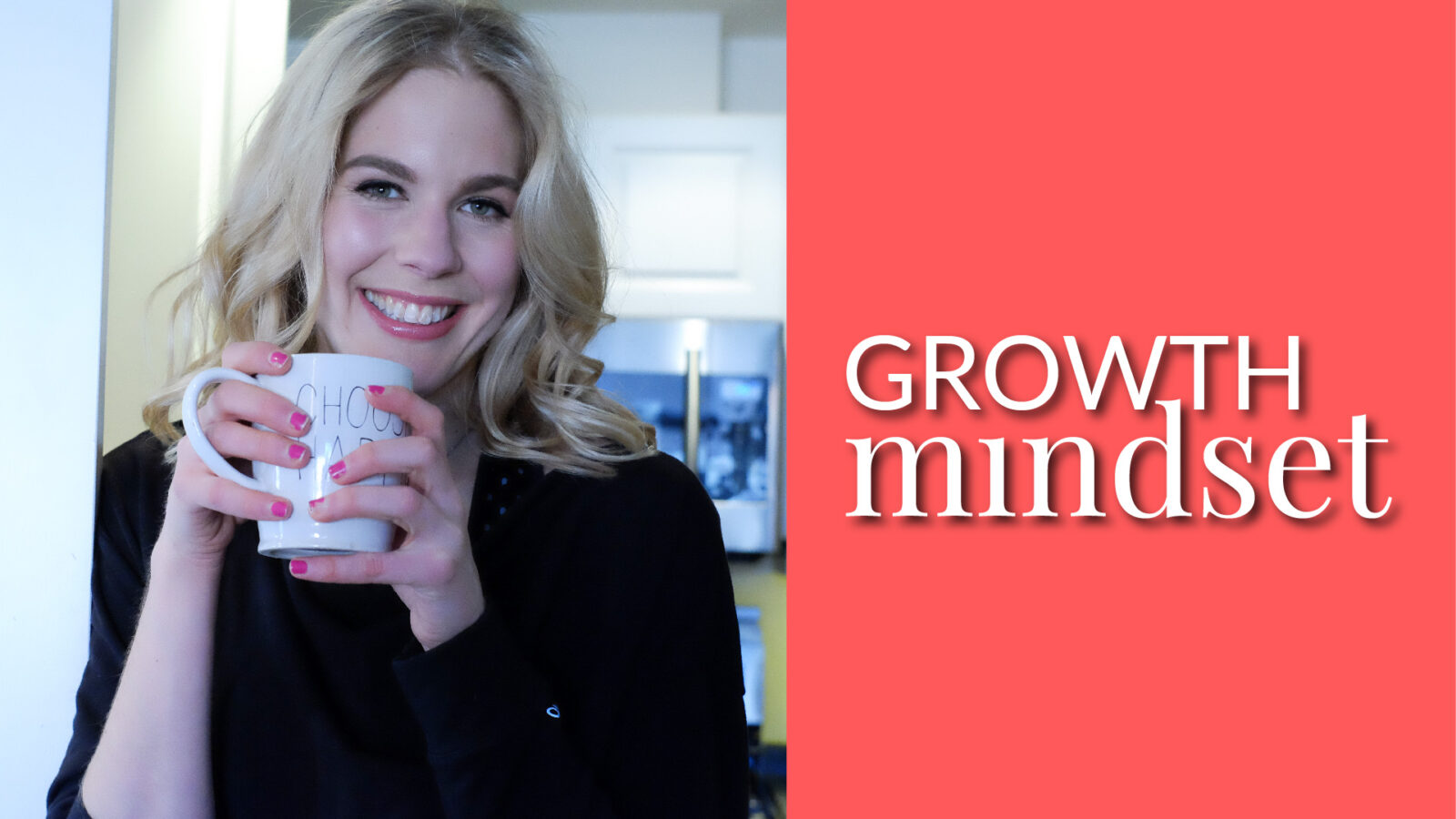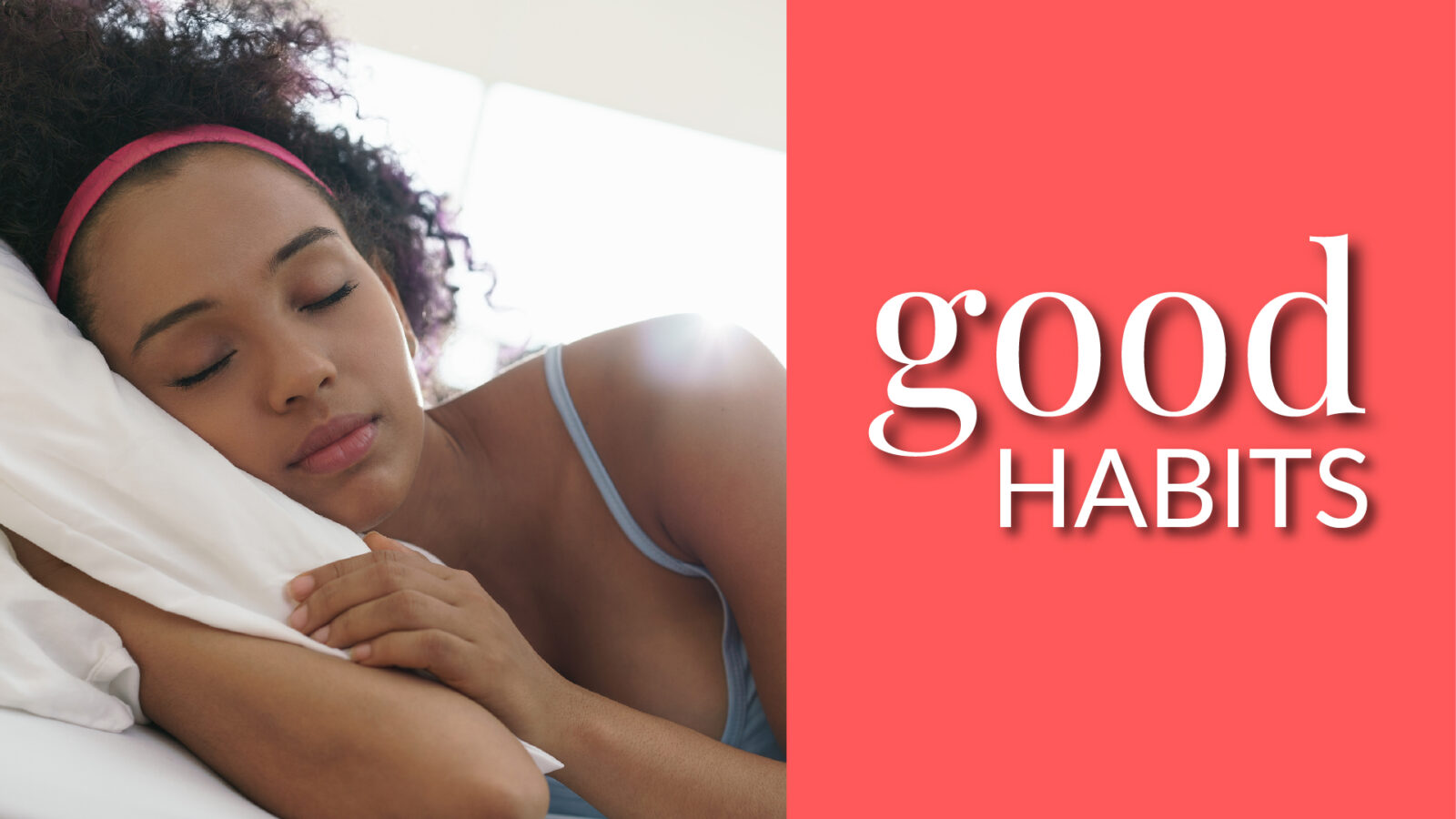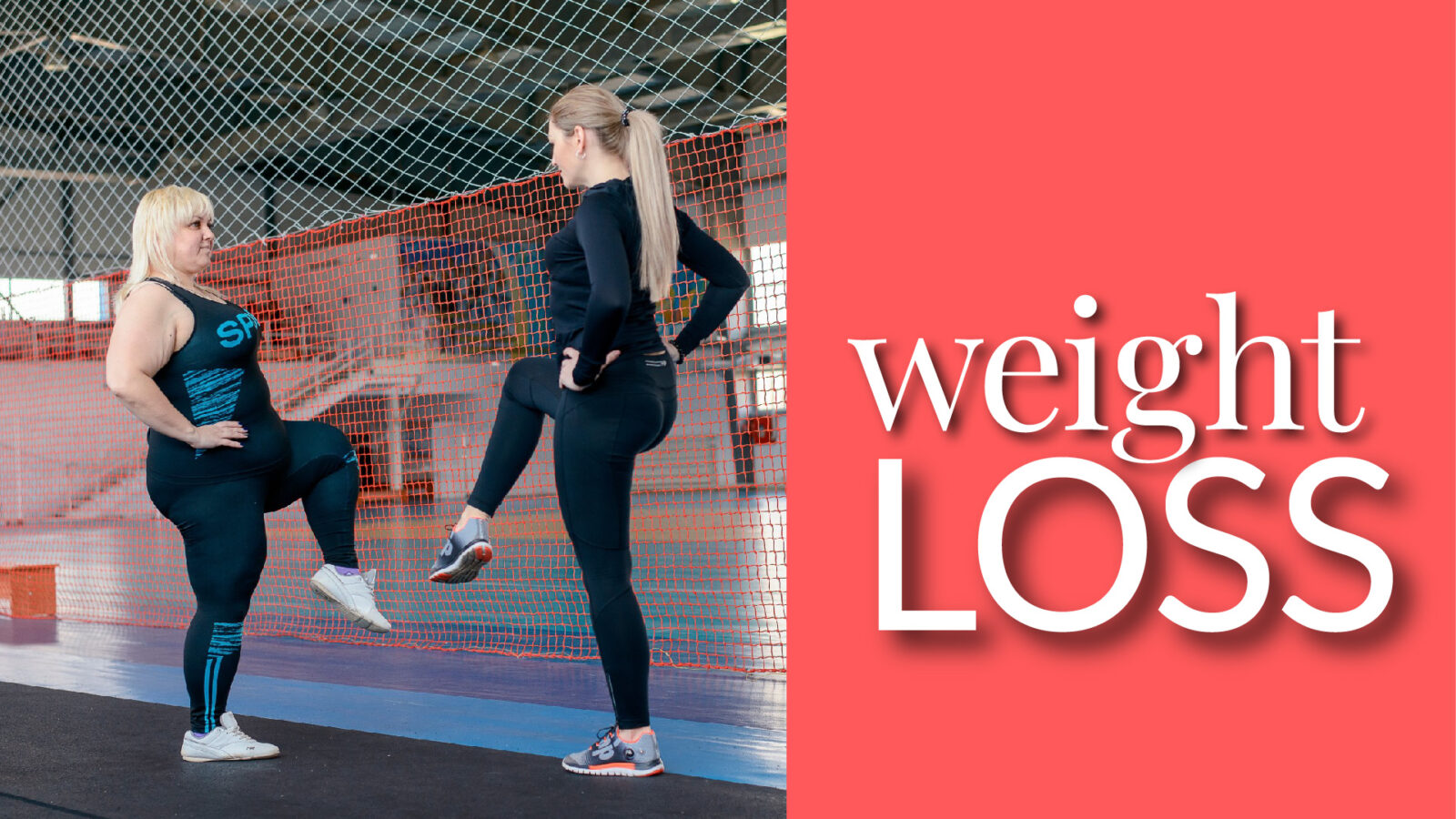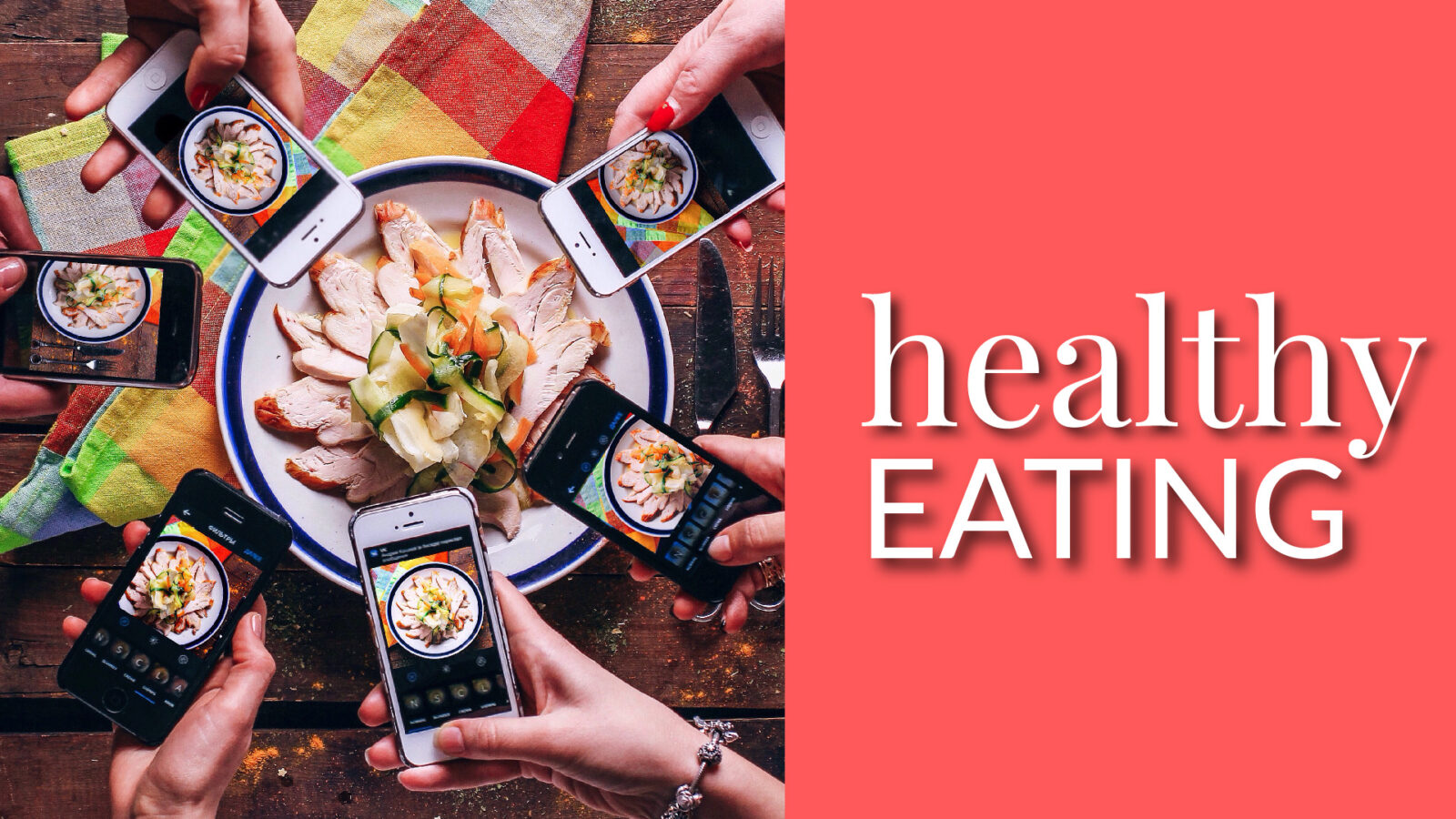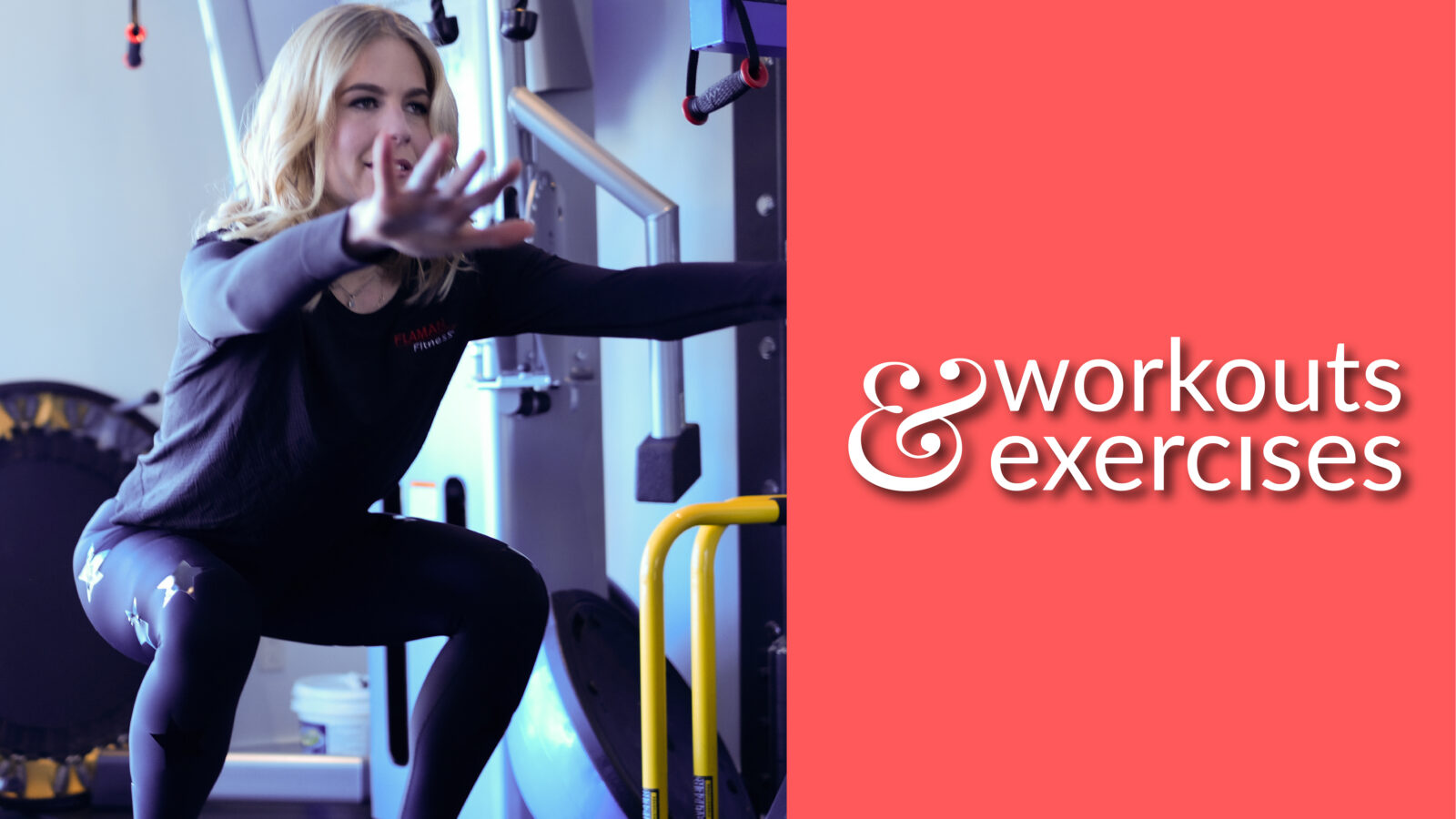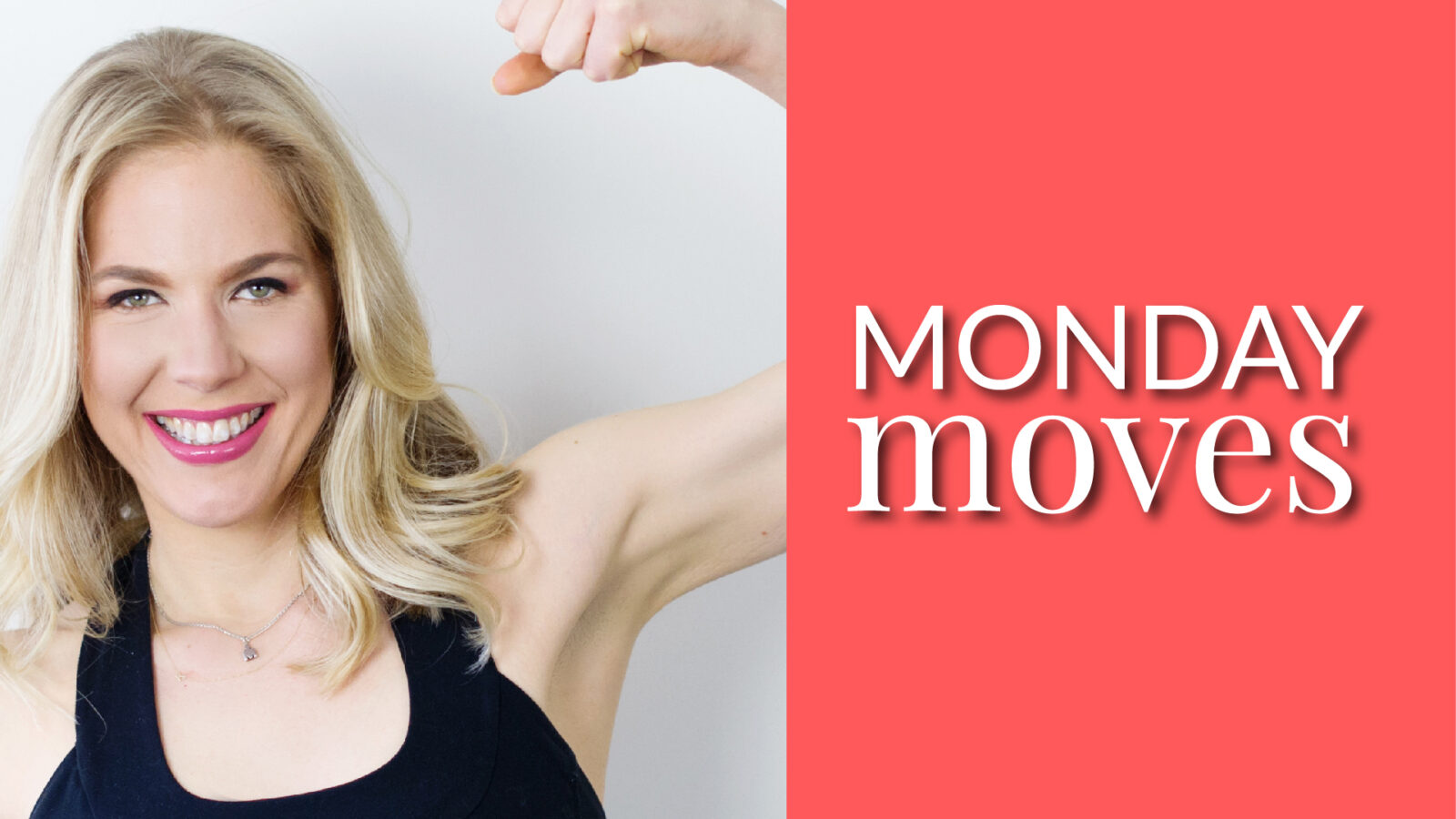Why You Shouldn’t Weigh Yourself Daily
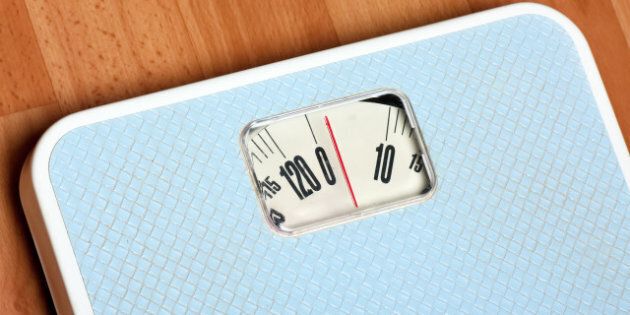
Losing weight and adopting a healthier lifestyle is an marathon, not a sprint. To make lasting health changes, one has to think long-term. Unhealthy habits are not formed in a day. It is unrealistic to think they can be replaced overnight. Aiming to rapidly lose weight or to be “perfect” everyday sets you up for failure.
Setbacks, like those which might occur at a party, a wedding or after a break-up should be both expected and embraced.
The next time you make a health choice that you are not proud of, don’t use it as a reason to abandon your goals altogether. Learn from the choice so that you make a better one next time.
Try to abandon the “good” vs. “bad” binary that often accompanies the quest for weight loss and improved health. Instead, aim to make more healthy choices than non-healthy choices. We all have days that are healthier than others. What changes is what we consider a ‘healthy’ day to be. A ‘healthy’ day is relative to our normal. Have more healthy habits this month then you had last month so that you slowly find a new, healthier “normal.” I still have chocolate once in a while, but it is no longer an every day occurrence like when I was 15. My “normal” has changed and now consists of tonnes of vegetables, lean proteins and healthy fats.
I was inspired to write about losing weight and adopting a healthier lifestyle because over the last few weeks I have had more than the usual number of conversations with people regarding the best weight loss techniques. In particular, several people have been asking me if it is useful to weigh themselves daily.
I am not a fan of including daily weigh-ins in a weight loss regime. Daily weigh-ins are emblematic of many of the things I find frustrating with the fitness industry — the constant monitoring of oneself and the importance placed on image and numbers. The idea that one should weigh in daily feeds into a discourse of weight loss and health that I find incredibly frustrating. The discourse that there is a “quick fix” to becoming healthier, and that health is actually just a synonym for becoming thinner. Instead of health being the quest for improved energy, sleep, self esteem, strength, flexibility, quality of life and improved cardiovascular health, it becomes purely connected to the number on the scale.
From my experience, when people weigh themselves daily, they start basing how they feel about themselves on if they have gained or lost weight on the scale. We are all more then a number, how we feel day to day should not depend on the reading on the scale.
Further, weekly or monthly weigh-ins are more accurate because they show real weight loss versus what I refer to as ” fake weight.” The 0.1 or 0.2 pounds one gains or loses day to day is not an indication of true fat loss. It is an indication of hydration levels, the amount of salty foods one ate the day before and whether one has gone to the bathroom yet.
I suggest that if you want to weigh-in regularly, the most frequently you should do it is weekly. Pick a day of the week and always weigh yourself on that day, at a particular time with the same clothes or lack thereof each time.
We all fluctuate in weight by a few pounds. When trying to lose weight the aim should be to fluctuate downwards. At your heaviest you may fluctuate between 200 and 203. If you lose 40 pounds you may fluctuate between 160 and 162.
Think of losing weight as playing the stock market. The day to day fluctuations are less important then the weekly, monthly or yearly trends. Weighing in daily and obsessing about the small numbers is like focusing on a drop of sand and ignoring the beach.
January is fast approaching and with it comes New Year’s resolutions, which are often based on unrealistic goals, fad diets and unhealthy measurement techniques like daily weigh-ins. This year, move away from short term unrealistic health resolutions. Invest in your health over the long-term. Make small, realistic changes that you can maintain for the rest of your life.
Orginally published at Huffpost

